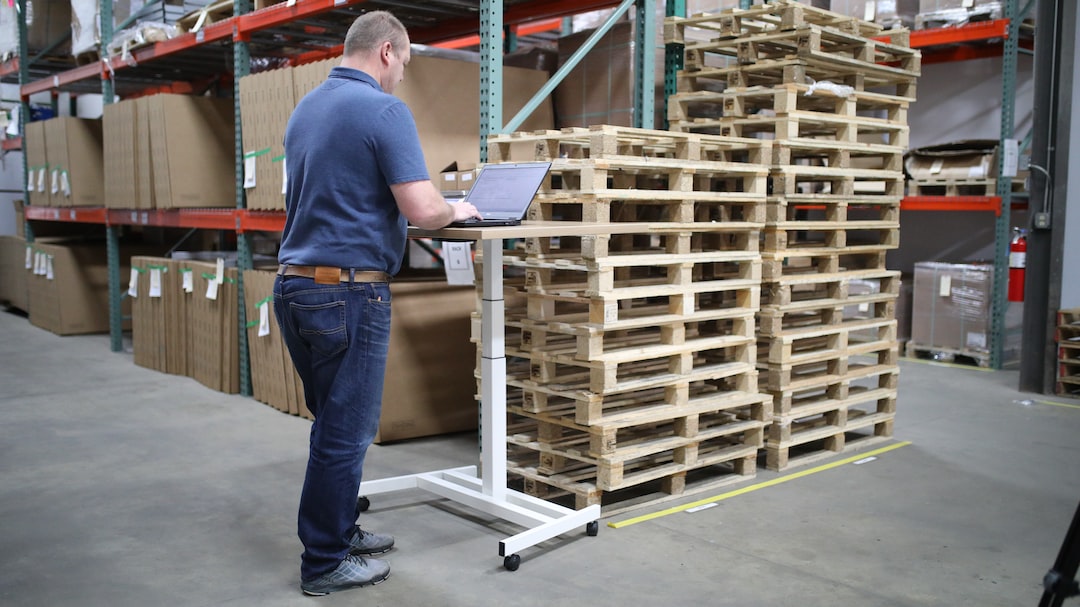The Role of Automation in Modern Manufacturing
Over the years, automation has revolutionized the manufacturing industry, drastically improving efficiency, productivity, and overall operations. Today, automation plays a crucial role in modern manufacturing, transforming the way products are made and bringing numerous benefits to both manufacturers and consumers.
Automation refers to the use of machines and technology to perform tasks and processes that were previously done manually. In the context of manufacturing, automation involves using robots, artificial intelligence, and computer systems to control and execute various aspects of production.
One of the key advantages of automation in manufacturing is increased productivity. With automation, businesses can produce goods at a faster rate and with fewer errors. This is because machines are capable of working continuously without getting tired, resulting in higher output levels and improved product quality. In addition, automation allows for faster setup times and changeovers, reducing the time it takes to switch between different products or production runs. This agility enables manufacturers to adapt quickly to changes in demand and produce goods more efficiently.
Moreover, automation improves workplace safety by reducing the need for humans to perform hazardous or repetitive tasks. Machines can handle the more dangerous aspects of production, reducing the occurrence of accidents and injuries. This not only protects workers but also saves businesses from potential liabilities and expenses associated with workplace accidents. Automation also minimizes human error, which can often lead to defects or quality issues in products. By automating certain processes, manufacturers can ensure higher accuracy and consistency in their output, resulting in higher customer satisfaction and brand reputation.
Another crucial aspect of automation in modern manufacturing is cost reduction. While investing in automation technologies may initially require a significant upfront investment, the long-term benefits outweigh the costs. Automation reduces labor costs by replacing human workers with machines that can perform tasks more efficiently and effectively. It also lowers the overall cost of production by minimizing waste, as machines can precisely control inputs and outputs, reducing material waste and scrap. Additionally, automation allows for better inventory management, ensuring that manufacturers have the right amount of materials in stock, avoiding excess or shortages. All these factors contribute to cost savings and improved profitability.
Automation also promotes sustainability in manufacturing. By optimizing production processes, automation reduces energy consumption, resulting in lower greenhouse gas emissions and a smaller carbon footprint. Machines can be programmed to operate at optimal efficiency levels, minimizing energy waste. Furthermore, automation enables the recycling and reuse of materials, reducing waste generation and promoting a circular economy. This benefits both the environment and the bottom line of manufacturers.
In addition to these benefits, automation opens up new opportunities for innovation and creativity in manufacturing. With machines handling repetitive and mundane tasks, human workers can focus on more complex and strategic aspects of production. This allows for greater innovation in product design, process improvement, and overall manufacturing strategy. Automation also facilitates the integration of big data and analytics into manufacturing operations, providing valuable insights for decision-making and optimization. Overall, automation empowers manufacturers to continually improve and stay competitive in a rapidly evolving global market.
It is important to acknowledge that automation is not without its challenges. The implementation and integration of automation technologies require skilled workers with specialized knowledge. Therefore, it is crucial for businesses to invest in training and upskilling programs to ensure a smooth transition towards automation. Additionally, concerns regarding job loss due to automation need to be addressed. While some jobs may be automated, new roles and opportunities will also be created in areas such as maintenance, programming, and supervision of automated systems. It is essential to prepare the workforce for these changes and provide support for reskilling and transitioning into new roles.
In conclusion, automation plays a vital role in modern manufacturing. It improves productivity, enhances workplace safety, reduces costs, promotes sustainability, and fosters innovation. Although there are challenges to overcome, the benefits of automation far outweigh the drawbacks. As technology continues to advance, it is crucial for manufacturers to embrace automation and capitalize on its potential to drive efficiency, competitiveness, and growth in the manufacturing industry.

